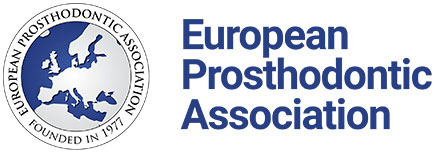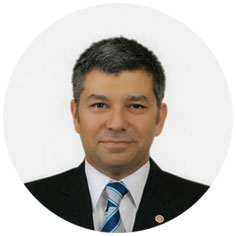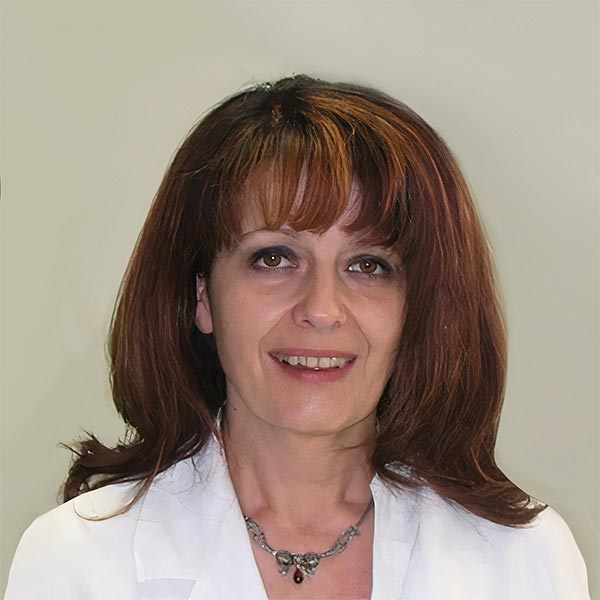© 2026 Merimna Institute
Start a career in UK {my}dentist Learn More
Start a new career in UK {my}dentist Learn More
Overdentures and removable partial dentures retained by mini-implants – most important factors in planning, clinical procedures, outcomes, and failure analysis
Speaker
Information


Prof. Mehmet Ali Kılıçarslan, PhD
Abstract:
Over the time of being edentulous residual ridges are subjected to continuous bone resorption resulting in an advanced atrophy of a denture bearing area, a condition being among the most challenging in dentistry. It requires a significant experience along with advanced restorative and surgical skills. Conventional treatment with complete dentures (CD) is often not satisfying for patients, and retention and stability of the mandibular CD is frequently poor. Implant retained overdentures offer several advantages in comparison to a conventional complete denture, and therefore the McGill consensus was the first one to recommend insertion of two standard-sized implants in the mandible and the overdenture as a minimum treatment for mandibular edentulism. However, in cases of advanced atrophy and reduced bucco-lingual width, only slim implants can be inserted without advanced surgical augmentation procedures. The 1-piece mini-implants, available on dental market over 20 years, belong to the category 1 of narrow dental implants (<2.5 mm wide). Insertion of four mini-implants (instead of the standard-sized two implants) are recommended for the mandibular overdenture retention in patients with narrow ridges, and therefore they were also named “geriatric implant”. Although many longitudinal clinical research publications have recommended them due to their high rates of success and survival, yet, some clinicals do not agree. This lecture will deal with possibilities of mini-implant utilisation in removable, and even in fixed prosthodontics, it will discuss indications, implant success and failures, insertion procedures depending on the bone quality and quantity, necessities of soft tissue management and possible complications that may arise. It will present several clinical cases, explain problems aroused, and how they were managed. Unfavourable soft tissues (flabby ridge, attachments of movable mucosa near the top of the ridge, shallow vestibule, etc.) require adequate treatment, and if not managed appropriately can lead to implant and denture failures, and will also be presented.
